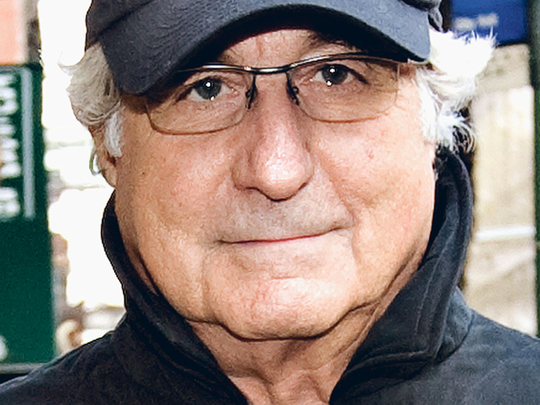
Washington: Victims of Bernard Madoff and accused Ponzi schemer R. Allen Stanford are banding together to lobby Congress for a law that could require Wall Street firms to pay billions of dollars to cover some of the losses they suffered.
As the groups' leaders walked the Capitol halls separately over the past several months, they learned how to find the Senate's Dirksen Office Building and to call their proposal "revenue neutral", meaning no cost to taxpayers.
They also gleaned another lesson: The broader the geographic base of support, the better the chance of legislative success. The result is a coalition of the Democratic-backed, East Coast, and mostly Jewish investors defrauded by Madoff, with the Republican-backed, largely Christian, Sunbelt residents victimised by Stanford. The disparate groups now find themselves bound by a common notion: They've been cheated, and they want the government to make them whole.
Support
"We had been trying for a year, breaking our necks to get attention from Democratic members," said Angela Shaw, 40, of Dallas, whose family lost $4.5 million (Dh16.5 million) in the Texas-based Stanford's alleged fraud.
"We realised that working together, maybe these things will be heard."
Together, the groups hope to persuade Congress to add a requirement to the regulatory overhaul bill, now under Senate consideration, that brokerage firms pay about $4 billion in additional fees to the Securities Investor Protection Corporation fund. SIPC protects US investors' accounts against fraud or bankruptcy. The victims also want Congress to require the fund to compensate them up to $500,000 each in losses.
The Senate Banking Committee, which has been negotiating privately for months on the details of the regulatory bill, has not met formally to discuss the victims' request. The House in December passed an overhaul measure without any restitution.
No lawmaker has come out against the investors' campaign, which may face some obstacles. While the financial industry, which benefited from a $700 billion bailout fund in 2008, has low standing in Congress, its lobbyists could argue, that they had nothing to do with the frauds.












